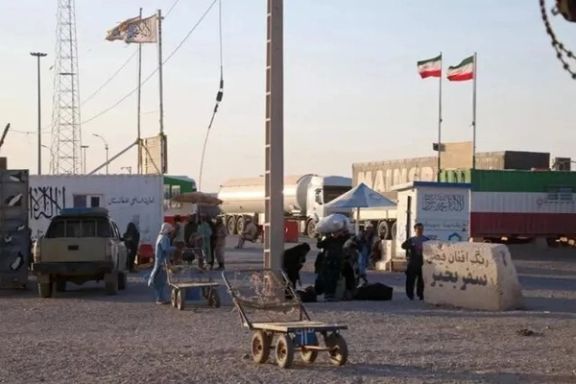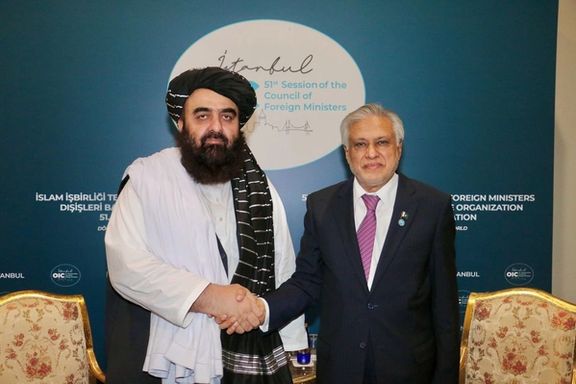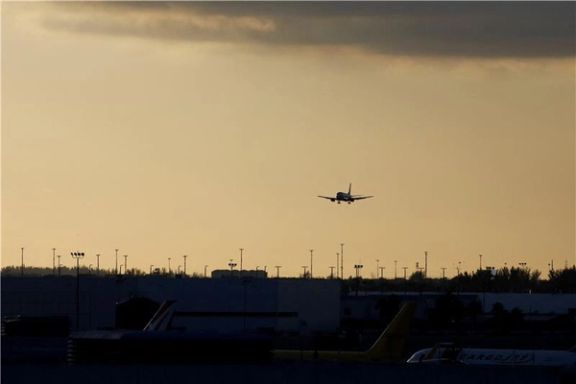According to a statement issued on Sunday by the Taliban’s Ministry of Foreign Affairs, the two sides discussed a range of issues, including trade, transit, regional infrastructure, and the upcoming trilateral meeting involving China, Pakistan, and the Taliban administration, which is scheduled to take place in Kabul.
Both ministers expressed support for expanded cooperation on strategic projects such as the Trans-Afghan railway. Muttaqi voiced hope that the recent upgrading of diplomatic relations between the two countries would lead to deeper and more practical collaboration.
Dar stressed the importance of Afghanistan’s role in large-scale connectivity initiatives, highlighting the potential for progress through joint efforts. He welcomed Afghanistan’s inclusion in the China-Pakistan Economic Corridor (CPEC), describing it as a positive step toward strengthening regional integration.
Since Dar’s visit to Kabul in April 2025, both sides have reported progress in trade and transit cooperation. The trilateral dialogue in Beijing brokered by China has also helped ease tensions between the Taliban and Pakistan. During that meeting, Pakistan announced it would elevate its diplomatic representation in Kabul from chargé d’affaires to ambassador.
Relations between the Taliban and Pakistan had been strained in recent years, marked by frequent border clashes at Torkham, Dand Wa Patan, Spin Boldak, and other crossings. Pakistan has also conducted aerial strikes inside Afghan territory, drawing sharp condemnation from the Taliban.
Islamabad accuses the Taliban of harbouring Tehreek-e-Taliban Pakistan (TTP) fighters and Baloch separatists with alleged support from India. In turn, the Taliban accuse Pakistan of backing ISIS elements in Afghanistan.
Following Dar’s most recent trip to Kabul, Pakistani media reported that Taliban officials pledged to prevent cross-border TTP attacks. Pakistani authorities estimate that approximately 6,000 TTP members, including senior leadership, are currently based in Afghanistan.






